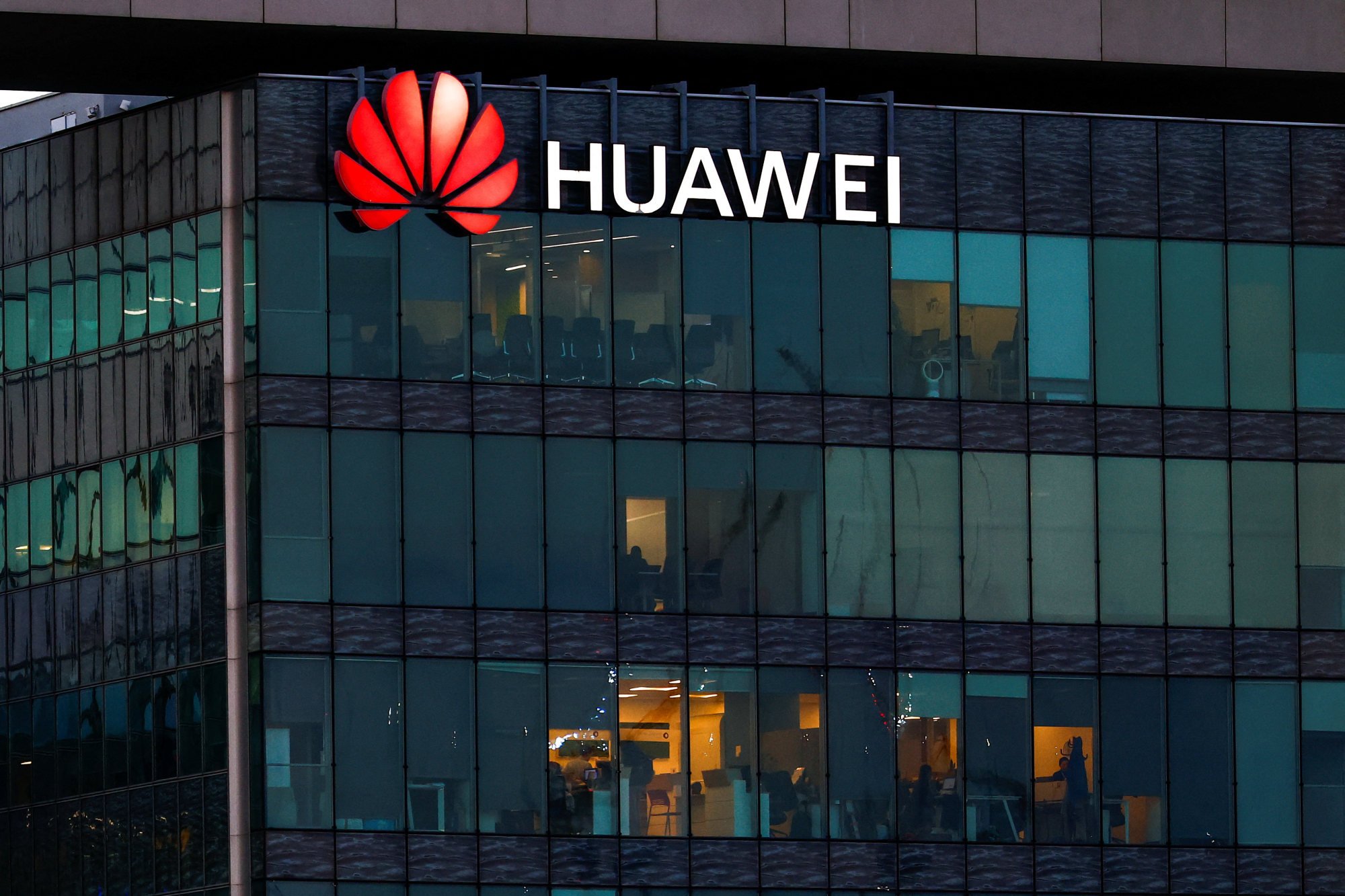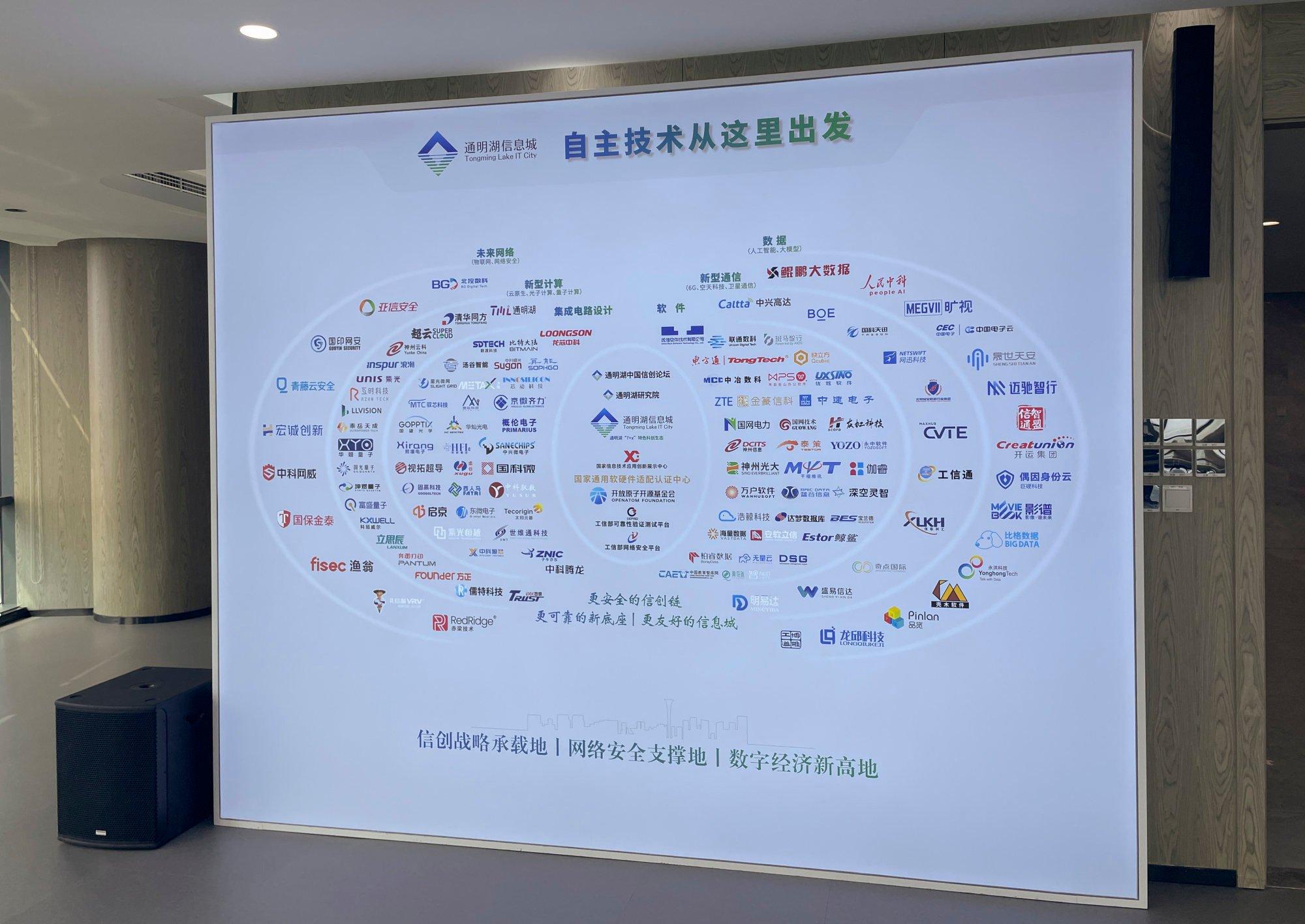The world’s most advanced contract chipmaker has severed its ties with a Singapore-based company after a client review exposed a potential breach of US export controls, according to people familiar with the matter.
Taiwan Semiconductor Manufacturing Company (TSMC) ended its relationship with PowerAIR, a low-key Singaporean firm, following a client check triggered by the discovery of a TSMC chip in a Huawei Technologies artificial intelligence (AI) processor, three sources said.
PowerAIR is the second known company singled out for possible involvement in the Huawei case. TSMC last year suspended shipments to mainland China-based chip designing firm Sophgo after a chip it ordered from the Taiwanese chipmaker was found to match one on Huawei’s Ascend 910B multi-chip system, according to a Reuters report in October citing unnamed sources.
Do you have questions about the biggest topics and trends from around the world? Get the answers with SCMP Knowledge, our new platform of curated content with explainers, FAQs, analyses and infographics brought to you by our award-winning team.
Chinese tech champion Huawei has been under a blanket ban by the US since 2020 that effectively cuts off its access to semiconductor foundries worldwide. TSMC previously said it had not supplied products to Huawei since 2020. Huawei said it had not produced any chips via TSMC after the US implemented relevant sanctions.
Sophgo and its affiliate, bitcoin mining equipment supplier Bitmain, have denied any business relationships with Huawei.

The Post is unable to reach PowerAIR, which does not have an official website, nor any publicly-listed phone number or email address. TSMC and Huawei did not respond to a request for comment on Thursday.
According to public business registry information, PowerAIR was incorporated in Singapore in September 2023 as a private company. Its registered office is at One Raffles Place, a downtown skyscraper. The company is listed as operational, with engineering design and consultancy being its principal activities.
Sophgo, which designs AI processors and chips based on the open-source architecture RISC-V, is an active player in China’s tech ecosystem, which is striving to reduce dependence on foreign semiconductors and computer operating systems.
The company occupies a large floor space at Beijing’s Tongming Lake IT City, a hi-tech industrial estate in the Yizhuang economic zone in the southern part of the capital. Its neighbours include Loongson Technology, a US-blacklisted Chinese chip designer whose mission has been to reduce the country’s reliance on US chip firms Intel and AMD.
TSMC’s tightened scrutiny of mainland Chinese clients has also affected several AI chip design start-ups, including Enflame, MetaX and Iluvatar Corex, according to one of the sources.

The US Commerce Department late last year ordered TSMC to suspend shipments of advanced chips to Chinese customers whose designs require 7-nanometer or more advanced processes for production, according to a Reuters report in November.
The US is expected to issue new restrictions targeting China’s sourcing of advanced AI chips from third-party countries before President Joe Biden leaves the White House, formalising the 7-nm curbs.
However, the final rules might leave some wiggle room in certain proposed measures, such as a country cap to limit shipments of graphics processors to specific locations, said another person who was briefed on the matter.
That person said the US government was wary about explicitly stating a country cap in the published rules, due to diplomatic concerns.
Despite strained relations between Washington and Beijing, TSMC continues to count mainland China as its largest source of revenue after the US.
The company was expected to grow its sales to mainland customers by 26 per cent in 2024 to US$10.4 billion, accounting for 12 per cent of its total revenue of US$88.3 billion, according to the latest survey by Visible Alpha, an investment research unit of S&P Global Market Intelligence.
More from South China Morning Post:
- ‘Making the impossible possible’: Huawei’s Meng Wanzhou lauds US-sanctioned firm’s 2024
- China’s No 2 chip foundry Hua Hong names former Intel veteran as new president
- Chip war: Chinese scientists vow to launch breakthrough RISC-V open-source CPU in 2025
- Huawei slashes prices in fight for China’s high-end smartphone market share
For the latest news from the South China Morning Post download our mobile app. Copyright 2025.





